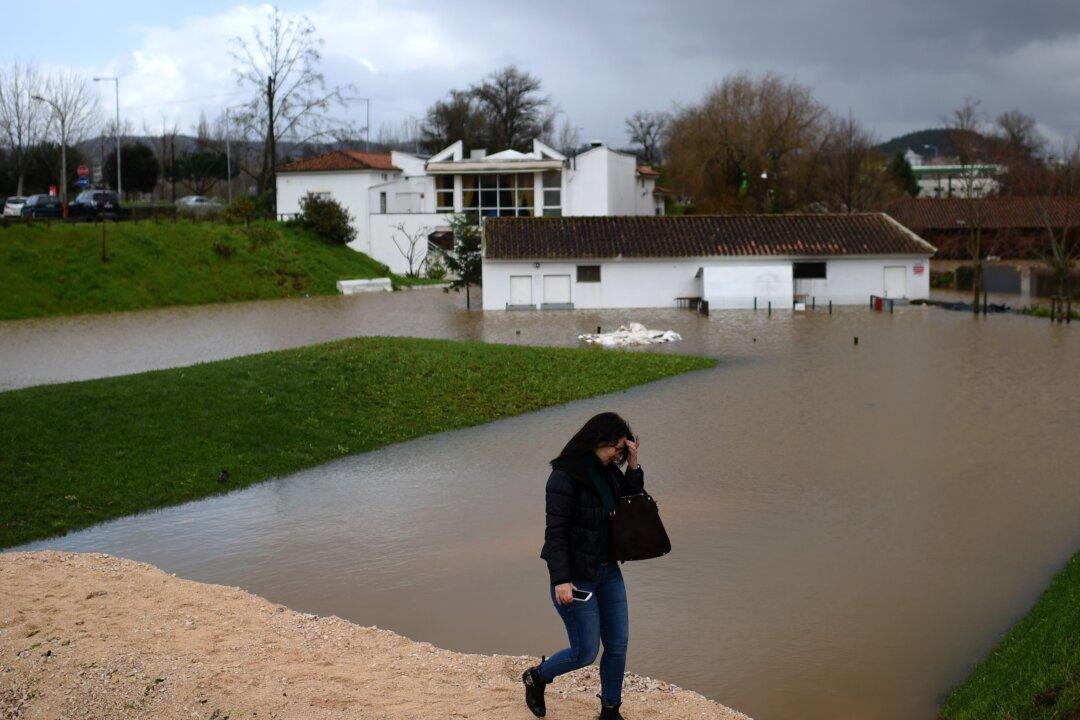Using a statistical reconstruction of the geological past, researchers say that sea levels have risen faster in the 20th century than anytime in the previous 2,700 years.
Between 1900 and 2000, the global sea level rose by 5.5 inches, according to Robert Kopp, a researcher at Rugter’s Department of Earth and Planetary Sciences.
The new statistical method took more than two years for Kopp and his team to construct.
“The 20th-century rise was extraordinary in the context of the last three millennia—and the rise over the last two decades has been even faster,” Kopp said in a statement.
Their model was built from a database of sea-level indicators that included marshes, coral atolls and archaeological sites, as well as tide-gauge measures, from 24 locations across the world.





